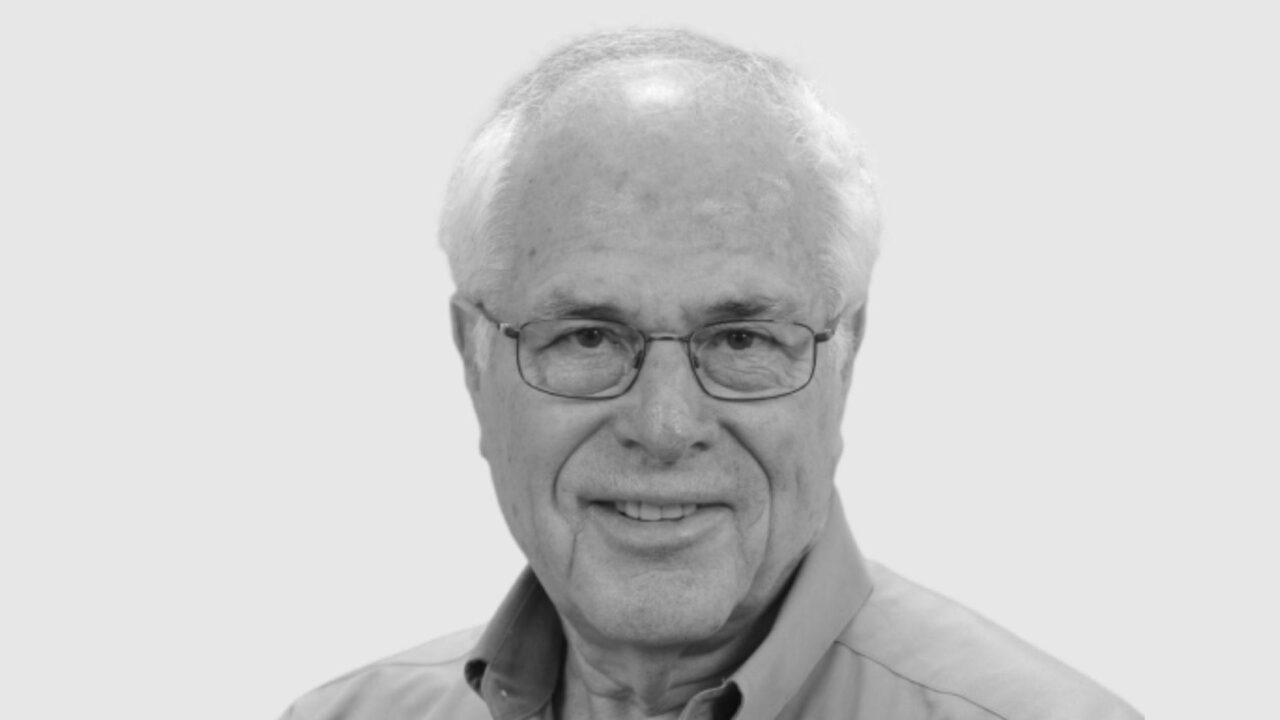Nicholas P Restifo, Chief Medical Officer at Medici Therapeutics, shared a post on LinkedIn:
“Honoring Zelig Eshhar: Remembering a Kind Mentor and Pioneer of CAR T-Cell Therapy
I want to take a moment to remember Prof. Zelig Eshhar, who passed away July 3rd. Many know him as the pioneer of CAR T-cell therapy, but to me, he was also a generous mentor and colleague.
When I moved from MSKCC to the NCI in 1989, I had the good fortune of arriving just before Zelig began a sabbatical there. We worked in the same lab at the same time, and I was able to learn from him directly.
Zelig Eshhar was a remarkable fusion of patience and toughness – qualities honed as a soldier and nurtured as a beekeeper. With the disciplined determination of someone who once wore a military uniform and the quiet persistence cultivated among the bees, he pursued his scientific goals relentlessly.
Single-minded in his vision, he embraced challenges with unwavering resolve, never backing down from obstacles that others might have found daunting. Eshhar was gentle enough to tend to bees but tough enough to change the face of immunotherapy, embodying a rare combination of grit, patience, and an unstoppable drive to innovate.
Back then, Zelig called what became known as CAR-T cell ‘T bodies.’ Most folks in 1990 thought that the T body idea was ridiculous and they weren’t shy about arguing with him. He was deeply knowledgeable about antibody structures, which he learned in Cesar Milstein’s lab around the time (mid 1970’s) that Milstein was fleshing out making monoclonal antibodies that would earn him the Nobel Prize a decade later, so it was tough for anyone to beat him in a debate. Maybe if Zelig had lived on for a few more years, he would get his own Nobel Prize.
He also loved the details of what cells were best for these chimeric antibody-like structures. He taught me to recognize ‘good-looking’ T cells that we later would learn have pleiomorphic functional capacity. He even had a name for them – he called them ‘tsubchicks,’ I never could figure out what that name meant, but it was a playful term (perhaps with a bit of Hebrew or Yiddish flavor) that showed both his affection for the cells and his knack for making science memorable.
Turns out, he had an intuitive understanding that the less differentiated T cells, which over a decade later we would call TCF1+ T memory stem cells (Tscm) had the appearance he taught me to spot.
Zelig’s work changed cancer treatment forever. But I’ll remember most the generosity with which he shared his ideas and time. I feel lucky to have known him.
Let’s remember and honor the scientists who inspire us not just with their discoveries, but with their humanity.
If you knew Zelig or his work inspired you, please feel free to share your memories or reflections here.”
More posts featuring Zelig Eshhar.


